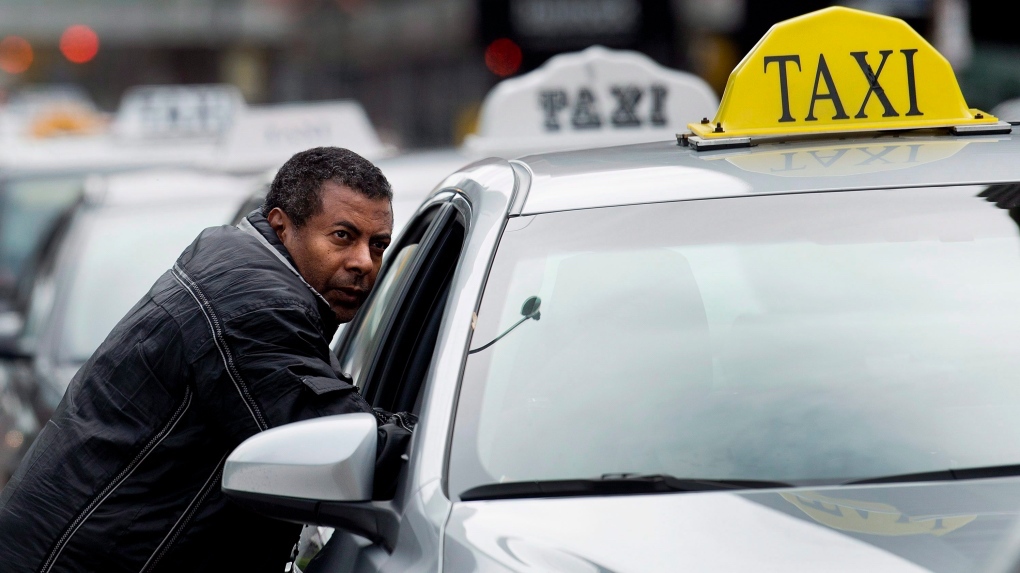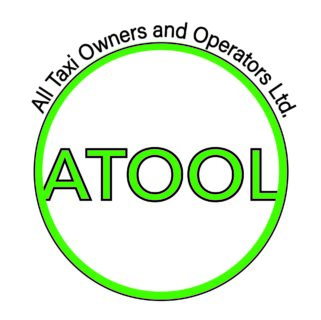Collaborative Efforts: ATOOL’s Role in Supporting Taxi Operators Amidst COVID-19

Introduction
The COVID-19 pandemic unleashed unprecedented challenges across various industries, including Toronto’s taxicab sector. In response to the urgent need for assistance, the Association of Taxicab Owners of Ontario (ATOO), through proactive engagement with Councillor Kristyn Wong-Tam, played a pivotal role in proposing recommendations aimed at alleviating the financial strain on the beleaguered taxicab industry. These recommendations not only addressed the immediate pandemic-induced difficulties but also tackled the industry’s pre-existing economic struggles.
ATOOL’s Advocacy and Taxicab Industry
For more than a decade, Toronto’s taxicab industry confronted economic hurdles. However, when the pandemic hit, ATOOL took proactive measures to collaborate with local officials. The association recognized the dire situation faced by taxi operators and embarked on conversations with Councillor Wong-Tam to devise potential solutions. ATOOL’s advocacy emphasized the industry’s importance as a critical component of the city’s transportation ecosystem.
Navigating Pandemic-Induced Challenges
The onset of the pandemic led to an unparalleled loss of business for the taxicab industry. A staggering 90 percent of revenue vanished due to lockdowns and travel restrictions. Consequently, nearly 95 percent of the taxicab fleet sat idle since the declaration of the state of emergency.
As Toronto cautiously reopened, the road to recovery appeared long. Experts projected that the taxicab industry would require an additional 12-18 months to fully regain service levels and lost revenues.
Immediate Relief and Advocacy
With an acute understanding of the urgency, ATOOL and Councillor Wong-Tam proposed recommendations for immediate financial relief. The first recommendation urged the City Manager to consider reducing the taxicab licensing renewal fees for 2020 as part of the COVID-19 Financial report in October 2020. This fee reduction provided a lifeline for struggling taxi operators, enabling them to weather the economic turmoil triggered by the pandemic.
The second recommendation, presented to the General Government and Licensing Committee, highlighted regulatory adjustments to alleviate the financial burden. Specifically, the proposal sought to extend the maximum age of vehicles used as taxicabs, sedan limousines, or private transportation company vehicles from seven to nine model years for vehicles from 2013 onwards. Furthermore, for vehicles from the 2012 model year onwards, the proposal aimed to extend the maximum age of vehicles used as stretch limousines from eight to ten model years. These modifications aimed to mitigate the financial strain of premature vehicle replacements.
Empowering Industry Resilience
The collaboration between ATOOL and Councillor Wong-Tam showcased the power of proactive engagement in times of crisis. By addressing both immediate needs and long-term challenges, the proposed recommendations highlighted the shared commitment to the survival and revival of the taxicab industry.
As the City Council deliberated on these recommendations, it underscored the importance of fostering partnerships that could lead to tangible solutions. The proactive role played by ATOOL in initiating conversations demonstrated the potential for collective efforts to make a meaningful impact on industries grappling with unprecedented adversity.
Conclusion
The taxicab industry’s resilience in the face of daunting challenges was amplified by collaborative efforts. ATOOL’s proactive approach in engaging Councillor Wong-Tam exemplified the power of partnership in times of crisis. As the proposed recommendations were considered, the city had an opportunity to demonstrate its responsiveness and commitment to industries that had been hit hard.
In the aftermath of the pandemic, the taxicab industry’s recovery was not only a testament to its own resilience but also to the power of collaborative advocacy and partnership. The joint efforts of ATOOL and Councillor Wong-Tam showcased the potential for industries and local officials to work hand in hand, navigating challenges and paving the way for a stronger, more resilient future.
